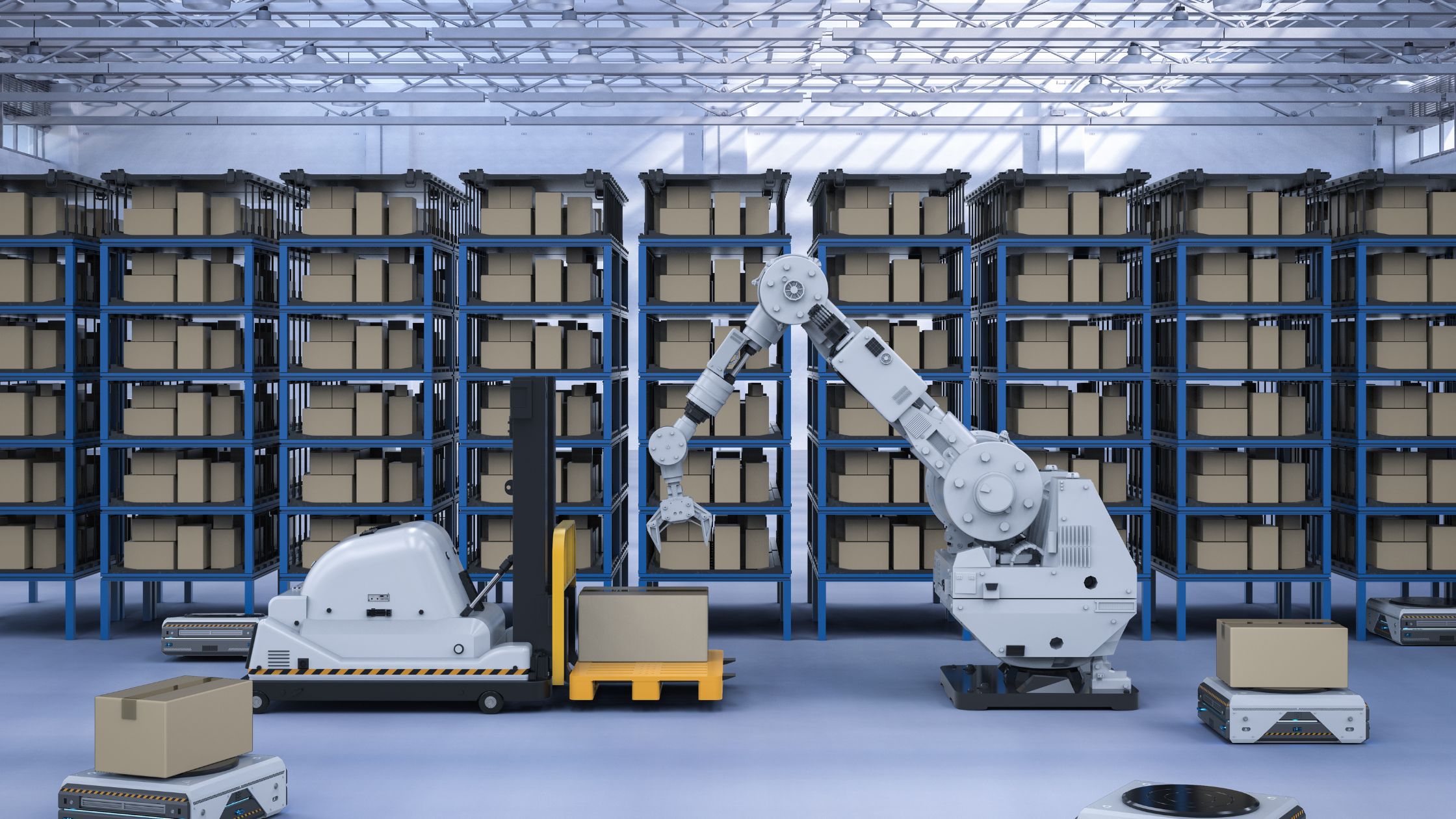In today’s rapidly evolving business landscape, process automation has emerged as a game-changing technology that is revolutionizing various industries. By leveraging automation tools, businesses can streamline operations, enhance efficiency, reduce errors, and improve overall productivity. This article delves into how process automation is reshaping a multitude of sectors and driving innovation across the board.
1. Manufacturing and Production:
Automation has long been a cornerstone of manufacturing, but recent advancements have elevated it to new heights. Industrial robots, AI-driven quality control, and smart supply chain management systems have enabled manufacturers to increase production speed, ensure consistent product quality, and respond swiftly to changing market demands. This has resulted in reduced costs and increased customer satisfaction.
2. Healthcare and Pharmaceuticals:
In the healthcare industry, automation has improved patient care, reduced human errors, and streamlined administrative tasks. Automated patient record management, appointment scheduling, and prescription filling have allowed medical professionals to allocate more time to patient interactions. Additionally, pharmaceutical companies have benefited from automated drug discovery processes, enabling faster research and development of new medications.
3. Finance and Banking:
Automation has transformed the finance sector by simplifying complex tasks such as financial analysis, fraud detection, and customer service. Robotic Process Automation (RPA) is being utilized to handle routine transactions, reducing processing times and minimizing errors. This not only improves operational efficiency but also enhances data security and regulatory compliance.
4. Retail and E-commerce:
Retailers are leveraging automation to provide personalized customer experiences, optimize inventory management, and enhance the efficiency of the order fulfillment process. Chatbots and virtual assistants are improving customer service interactions, while automated warehousing and logistics systems are enabling faster deliveries and reduced stockouts.
5. Logistics and Transportation:
The logistics industry has embraced automation to enhance route optimization, track shipments in real-time, and manage warehouse operations more effectively. Self-driving vehicles are becoming a reality, promising safer and more efficient transportation of goods. This transformation has the potential to reshape global supply chains.
6. Energy and Utilities:
Automation is playing a pivotal role in optimizing energy consumption, monitoring equipment performance, and ensuring the reliability of critical infrastructure. Smart grids, automated maintenance scheduling, and predictive analytics are helping utility companies deliver consistent and cost-effective services to consumers.
7. Agriculture and Farming:
In agriculture, automation is revolutionizing traditional farming practices. Automated machinery, drones, and sensor-based systems are being used to monitor crops, assess soil conditions, and precisely apply fertilizers and pesticides. This results in increased yields, reduced resource wastage, and more sustainable farming practices.
8. Human Resources and Administration:
Automation has simplified administrative tasks within organizations, ranging from payroll processing to employee onboarding. HR departments are using automation to manage recruitment, employee performance evaluations, and training programs, allowing them to focus on strategic initiatives that drive organizational growth.
Conclusion:
Process automation is undeniably a catalyst for transformative change across various industries. By relieving employees of repetitive tasks and empowering them to focus on innovation and strategic thinking, automation is reshaping the future of work. As technology continues to advance, businesses that embrace automation are poised to lead their respective sectors, delivering enhanced efficiency, superior customer experiences, and sustainable growth.

